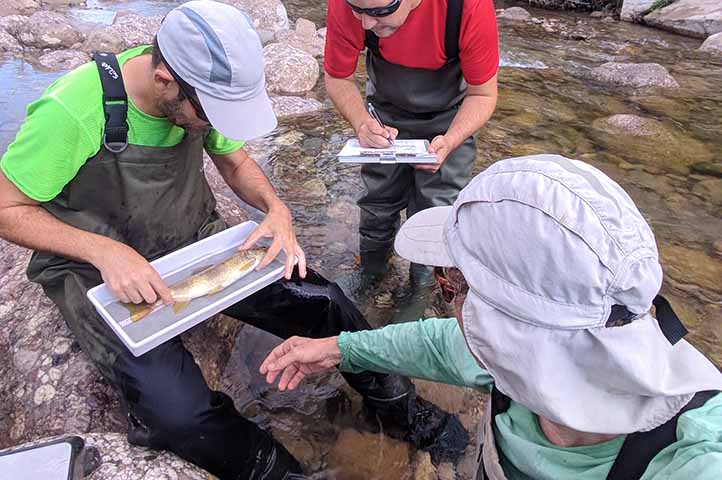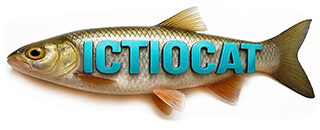Conservation
In Catalonia there are different legislations that aim to protect fish and their habitats, but the reality is that they do not always help to protect them effectively and many species continue to decline. Laws are not usually enforced when it comes to habitat destruction, water extraction or dam construction. There is no precedent for the presence of endangered fish species to stop the construction of dams or projects where water is extracted from rivers.. Therefore, there is an urgent need to raise awareness at all levels about the conservation of inland aquatic biodiversity, especially with regard to endangered species.
Conservation measures
Reservoirs and hydrological alterations cause a regression of native species and the proliferation of invasive ones, which live better in regulated rivers or stagnant waters. Therefore, the restoration of the natural hydrological regime of each river and the reduction of water extractions would favor the recovery of native species. This involves managing agricultural irrigation and flow diversions for hydroelectric production taking into account the needs of fish and other aquatic organisms..
The solution to the lack of river connectivity caused by dams and weirs is a complex subject. The installation of passage devices for fish is one of the possible actions, but they are often ineffective and many species cannot use them properly. A better alternative is to remove obsolete infrastructure, but it is also an expensive solution and sometimes not free of unwanted effects, such as the dispersal of invasive species upstream once the barrier has been removed.
Pollution caused by the discharge of urban and industrial wastewater has traditionally been one of the main problems of our rivers.. However, in general, water quality has improved considerably in recent years with the construction of WWTPs (wastewater treatment plants). In rivers where pollution is still a problem, sewage treatment should continue to be improved.
Invasive species are very difficult to eradicate, but projects to control their populations can be carried out, as has already been done in some places such as Lake Banyoles. Extreme efforts are also needed to prevent further introductions or increase the dispersal of introduced species..
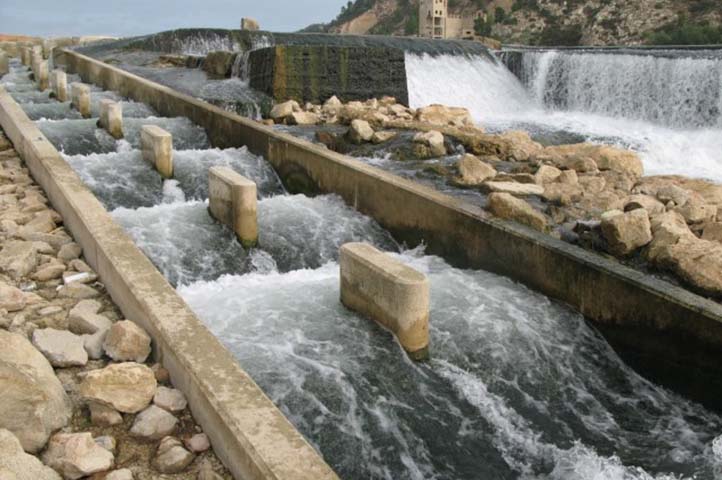
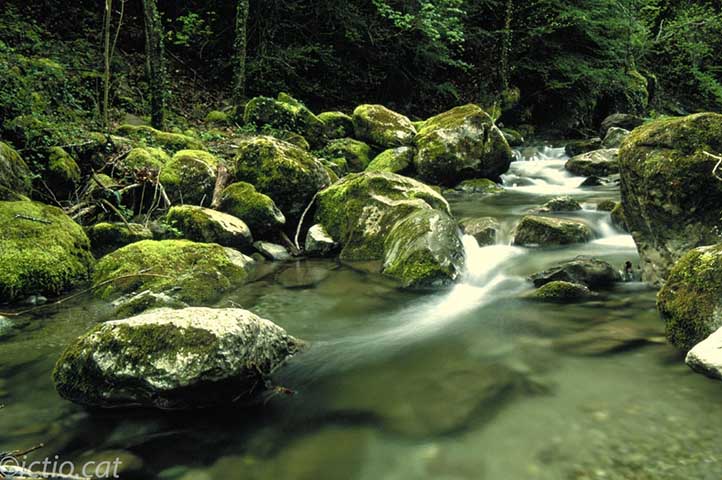
Scientific research
Field research is essential in order to obtain up-to-date data on the distribution of species and their trends in abundance.. However, resources for research in inland fish have been scarce, which has difficulted to know precisely the state of the populations and what are the main factors that cause their poor state of conservation. Improving this knowledge would help to make more effective efforts and resources for the conservation of native fish.. In this way, it must be said that the Water Framework Directive, a European regulation launched in the year 2000 which aims to ensure the good ecological status of inland waters, has produced a notable improvement in the state of many rivers. Besides, it has also made it possible to generate a large amount of data on fish and other aquatic organisms about which there was little information.
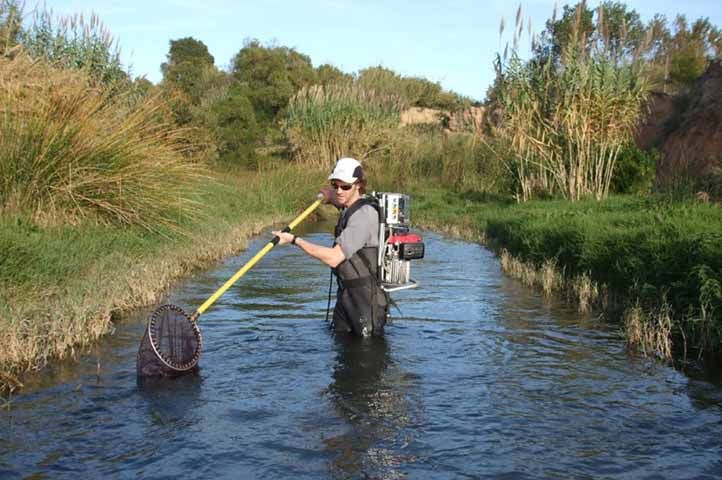
Divulgation
The dissemination of knowledge, environmental education and awareness is essential for the conservation of our fish. But the biodiversity of freshwater fish has generally been poorly documented in Catalonia, with scattered and often obsolete information. Most people are not aware of the fish that live in our rivers or their poor state of conservation. To improve this aspect, several studies have clarified the status of the taxonomy in recent years and, as a result, a field guide has been developed that includes quality images and information on the distribution., ecology and species identification.
